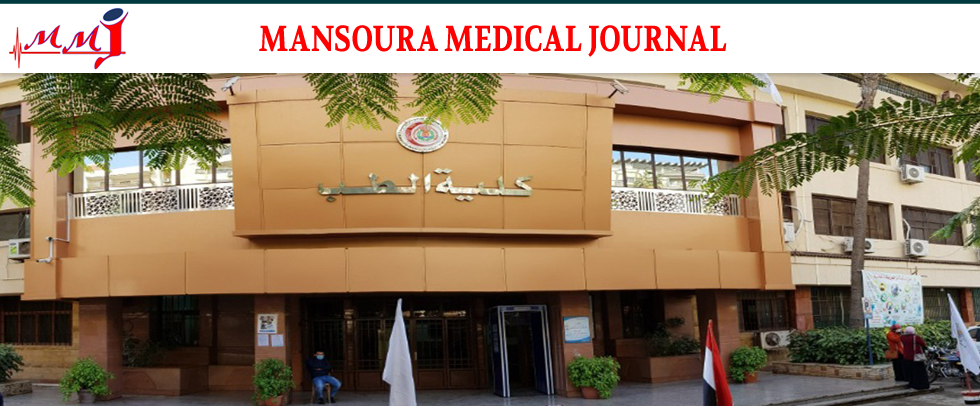Subject Area
Endocrinology
Article Type
Original Study
Abstract
Background: Egypt is listed among the world's top ten countries regarding the highest number of people with diabetes mellitus (DM). Diabetic ketoacidosis (DKA) is a medical emergency which is associated with significant mortality and morbidity in diabetic patients. It is also a common reason for hospitalization and thus is associated with significantly high costs. However, DKA is a potentially reversible condition provided that an emergency and immediate medical attention, appropriate diagnosis and therapy were provided.
Aim: auditing the adherence to protocol for the management of DKA in our Mansoura University Hospital (Specialized Medical Hospital) in Egypt from May 2021 to April 2022, to look at treatment outcomes and examine the factors that impact the time to resolution of metabolic parameters in DKA individuals trying to improve outcomes and decrease hospital stay.
Methods: The study included all adults both males and females aged 18 years or more, patients that were admitted to intensive care unit (ICUs) for management of DKA from the period from May 2021 to April 2022. All enrolled patients were subjected to detailed history taking, general examination, laboratory investigations and treatment protocol according to American diabetic association (ADA) guidelines. Data were analyzed by IBM-SPSS software (IBM Corp. Released 2017. IBM SPSS Statistics for Windows, V 25.0. Armonk, NY: IBM Corp.).
Results: 58 DKA patients were admitted to ICU and met the inclusion criteria. More females experienced DKA (67.2%), and the improvement rate was 100% in all patients. The mean length of stay (LOS) was 6 days. Missed insulin was the main cause for DKA (40%) followed by infections (18%). There is a statistically significantly lower potassium level at presentation in those with missing insulin as a precipitating factor vs. infection .33 of patients (56.8%) required enoxaparin prophylaxis and it was significantly related to longer duration of diabetes and older age and 5 patients required bicarbonate treatment(8.6%) and it is statistically significant correlation to severity of DKA. Patients with DKA who presented with more sever DKA, younger age, female sex, less duration of diabetes and sepsis as precipitating factor had and longer hospital stay, However, age was the only clinically significant predictor for LOS.
Conclusion: Our study improved the understanding of DKA in hospitalized cases at Mansoura Specialized Medical Hospital, it showed also good adherence to the international guidelines. As well as identifying the clinical and biochemical parameters associated with the variability in hospital stay and time to resolution of DKA in hospitalized cases.
Recommended Citation
Abd-El-Fatah, Walaa M; State, Omnia I; and Elmorsy, Basma Z
(2024)
"Audit of management of Diabetic ketoacidosis in Mansoura Specialized Medical Hospital,"
Mansoura Medical Journal: Vol. 53
:
Iss.
2
, Article 10.
Available at:
https://doi.org/10.58775/2735-3990.1414
Creative Commons License

This work is licensed under a Creative Commons Attribution 4.0 International License.



